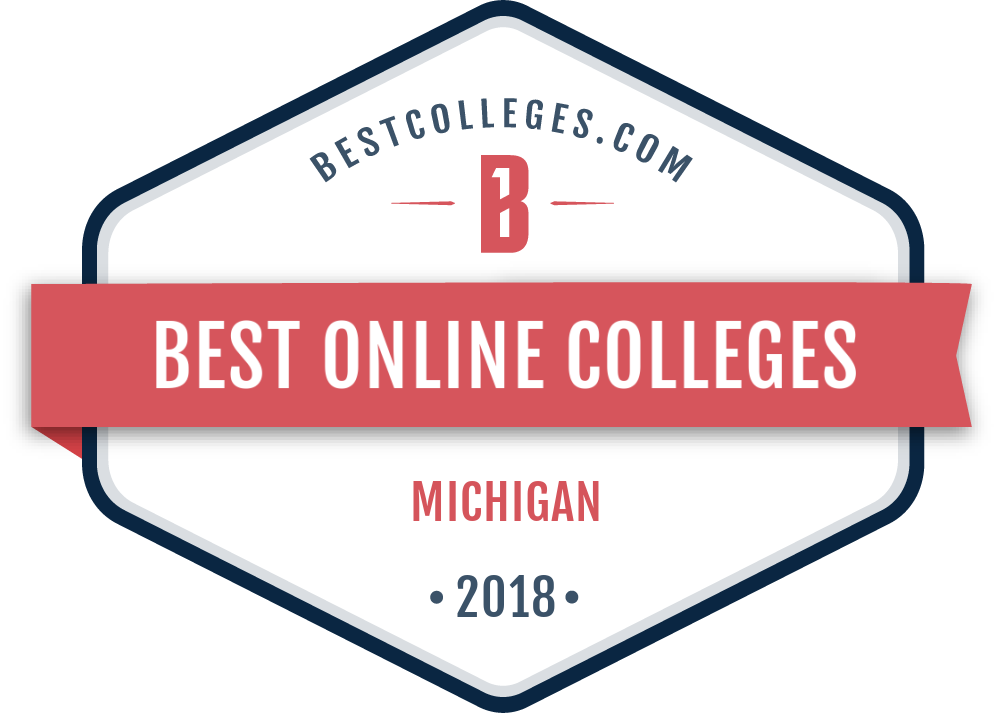Why Become a Nurse Practitioner?

Nurse practitioners go far beyond a supporting role in healthcare: They are integral to delivering primary, urgent and acute care for a diverse patient population. One of the top reasons why nurses become nurse practitioners is that they can directly improve patient outcomes and affect care delivery for other healthcare professionals.
For example, psychiatric mental health nurse practitioners (PMHNPs) evaluate and treat mental health conditions and disorders. Primary care pediatric nurse practitioners (PNP-PCs) promote general health, guide preventive care and help manage minor health problems.
Family nurse practitioners (FNPs) provide quality care to patients of all ages, while adult-gerontology nurse practitioners (AGNPs) treat adolescents through adults into advanced age. Nurses who invest in advanced practice and additional clinical hours to become nurse practitioners empower the nursing profession and the patients they serve.
A great place to start the PMHNP, PNP-PC, FNP or AGNP journey is to learn more about Spring Arbor University’s online nurse practitioner programs. A decision to invest in yourself and your patients by pursuing a master’s in nursing can be well worth pursuing. Spring Arbor University not only offers an excellent nursing education but also fosters compassion and a sense of mission in graduates through a community rooted in faith.
Becoming a Nurse Practitioner: Beyond Enhanced Patient Care
The decision to become an NP is a win-win scenario for both nurse and patient. Besides improved patient outcomes that education advancement provides, there are many reasons why nurses find fulfillment in becoming nurse practitioners.
Working With Autonomy
Nurse practitioners have greater control over their professional practice. They can practice independently in more than half of the states and are being granted more autonomy nationwide. Additionally, there is a nationwide shortage of physicians and an ever-increasing need for primary care. Rural areas are particularly in need of competent practitioners, and a more significant percentage of nurse practitioners run independent clinics in these areas to meet this demand.
Collaboration Versus Independence
A nurse practitioner can deliver patient care independently or in collaboration with a doctor. More than 70% of FNPs work in primary care, which means they can work in various settings with different levels of collaboration. Additional opportunities abound in teaching, healthcare research and administration.
For example, FNPs can combine nursing care with comprehensive primary care, which may include diagnostic or prescriptive authority depending on the state they practice in. Nurse practitioners have a wider scope of practice, allowing them to treat illnesses and injuries and manage overall patient care on a more independent basis.
Affecting Patient Outcomes
NPs can provide more individualized, personal care and improve patient outcomes in a variety of ways. They may do so by educating patients on disease prevention and healthy lifestyles. NPs also spend more direct one-to-one time with patients, which can help them build trust and gain a fuller picture of their health needs. For NPs with prescriptive authority, this can mean having a more holistic understanding of their patients and the correct treatments, therefore improving overall patient health.
The Need for Nurse Practitioners Is Growing
Among the many reasons to become a nurse practitioner, one of the biggest factors to consider is job outlook. Due to physician shortages, the aging baby-boomer population and the efficiency with which healthcare workers can provide quality care to patients, nurses are in demand. Nurse practitioners will see a 52% increase in demand by 2030, according to the U.S. Bureau of Labor Statistics (BLS).
Nurse practitioners are essential to both primary and acute care physician shortages. They are needed in underserved rural and fragmented patient populations, as well as in mainstream healthcare environments. They are also strong patient advocates and their vital work in primary care adds value to the communities they serve.
If you are a registered nurse, whether you have an associate's or bachelor’s degree in nursing, taking an RN to NP program can advance your career in this sought-after profession. The RN to NP bridge program at SAU is designed to help you earn your BSN along the way during your MSN program.
Benefits of Being a Nurse Practitioner
From job security to flexibility to career advancement, the following are key benefits of being a nurse practitioner:
Flexibility
At any given time and location, there is a need for medical care. Since medicine is a far-reaching field and nurse practitioners are in high-demand, nurses often have the luxury of choosing their schedule and location.
As a nurse practitioner, you get to decide: Would you like to work nine-to-five? Perhaps you prefer night shifts. You choose the setting: Are you interested in working in private practice, a hospital, a school, a research facility or elsewhere?
You select your specialty, as well: Do you want to interact with a variety of patients? Are you looking to hone in on a certain patient demographic, such as pediatric or geriatric, or fields such as oncology or anesthesiology? If you know what you want as a nurse and have the right advanced education, you will likely find what you are looking for.
Opportunities
Nurses have a host of potential paths to choose from. Even better, they can change paths. For example, you could go from inpatient nurse at a clinic to researcher at a medical device company, then return to inpatient nursing.
In addition, once you’ve passed your certification exam and earned your registered nurse license in a certain state, you can apply for reciprocity in another state, and potentially move around freely.
Career Advancement
As a nurse practitioner, you are not limited to working in a clinical setting. Being a nurse practitioner could mean you execute critical medical research, educate other nurses, hold a medical-related corporate position, advocate for nurses or patients and more.
Personal SatisfactionCollaboration Versus Independence
Nurses make a significant difference in people’s lives daily. They help and support both their patients and their patients’ families. Simply put, that feels good — it’s one of the main reasons why nurses become nurse practitioners.
Professional Growth
Nothing stays the same for long in the medical field, and nursing is no exception. Constantly evolving, changing and advancing, nursing offers a lot of opportunities to learn and grow. Typically, good nurse practitioners accept change as part of their role.
Nursing Keeps Life Interesting
As a nurse practitioner, chances are you will never encounter the exact situation twice. Every shift brings new challenges, satisfaction and opportunities to learn. As a nurse, learning as you progress in your career, even under occasional stress, can keep you engaged and motivated to do your best.
Competitive Pay
Another benefit of being a nurse practitioner is earning a competitive salary. The median annual salary for nurse practitioners is $120,680 as of May 2021, according to the BLS. Salaries can vary depending on the market, your education level and your specialty. However, in general, nursing pays well.
Respect and Trust
Year after year, nursing is among the top most trusted professions, and for good reason. It is a demanding job that requires a great deal of stamina, compassion and skill. In return, along with all of the other rewarding benefits listed above, nurses enjoy well-deserved respect, admiration and appreciation from their peers, families and communities.
Grow Your Career as a Nurse Practitioner
An advanced practice nursing career provides many ways to improve patient outcomes while reaping the rewards of personal and spiritual growth. To take the next steps toward a nurse practitioner vocation, it is important to pursue advanced education.
Spring Arbor University’s Master of Science in Nursing program has four NP tracks to choose from, providing a unique opportunity to hone critical nursing capabilities through faith-based education. With a flexible 7-1-7 model, working students can also learn in a supportive environment and can enjoy one week off in between courses. Discover more about the exciting rewards of becoming a nurse practitioner.
Learn more about SAU’s online MSN degree.
Recommended Readings
Demand for Nurses: What Does the Current Demand for Nurses Means for the Profession?
Self-Care for Nurses: How to Prioritize Yourself When Caring for Others
Pros and Cons of Being a Travel Nurse
Sources:
Association of American Medical Colleges, “AAMC Report Reinforces Mounting Physician Shortage”
American Association of Nurse Practitioners, NP Fact Sheet
American Association of Nurse Practitioners, Nurse Practitioners in Primary Care
Becker’s Hospital Review, “Nurses: The Most Trusted US Professionals 20th Year in a Row”
Houston Chronicle, “What is the Advantage of Becoming a Nurse Practitioner?”
U.S. Bureau of Labor Statistics, Nurse Anesthetists, Nurse Midwives, and Nurse Practitioners








